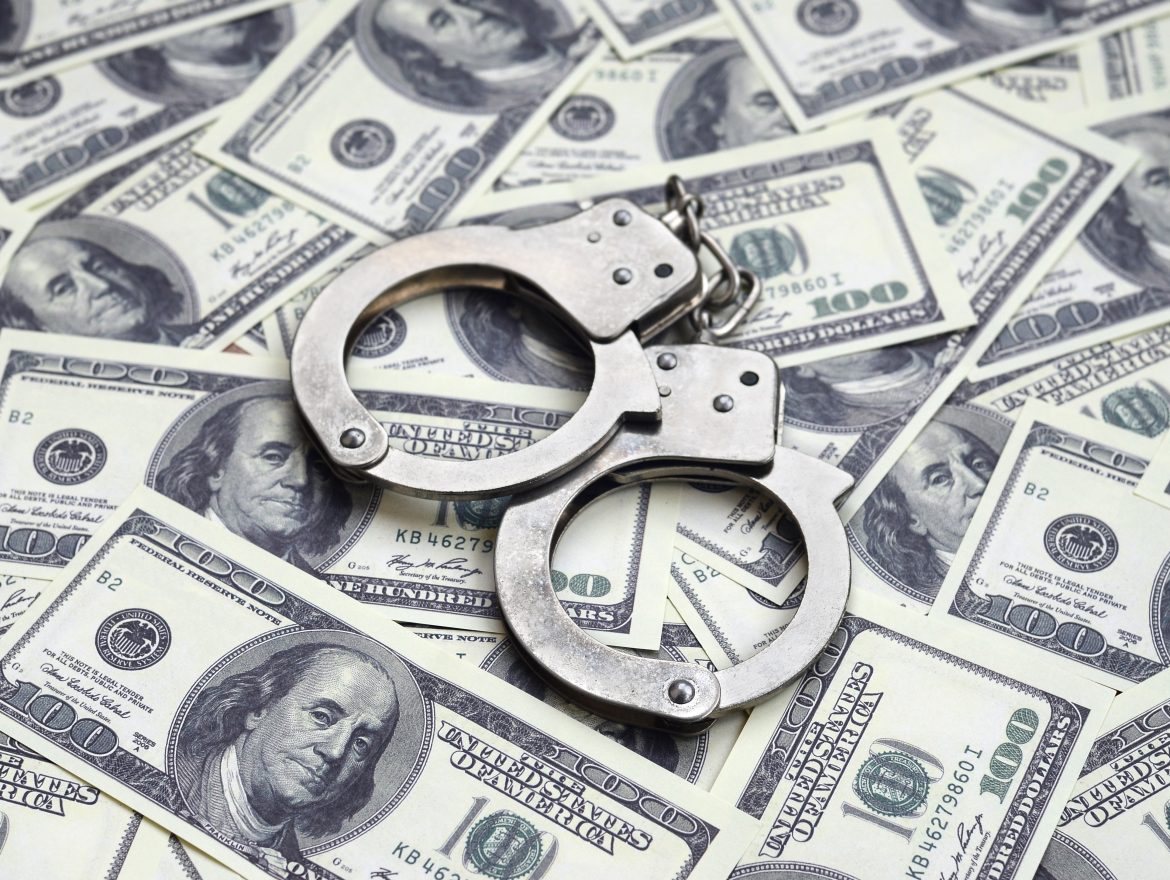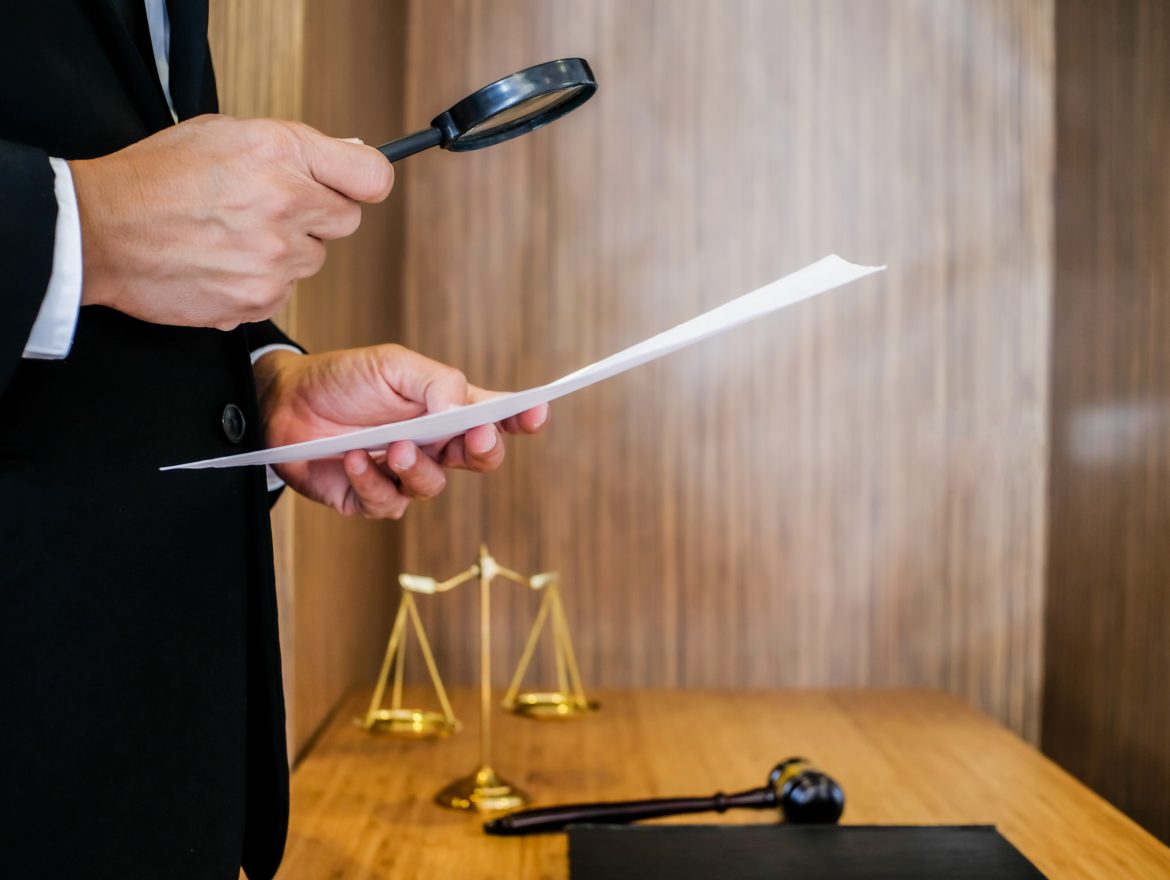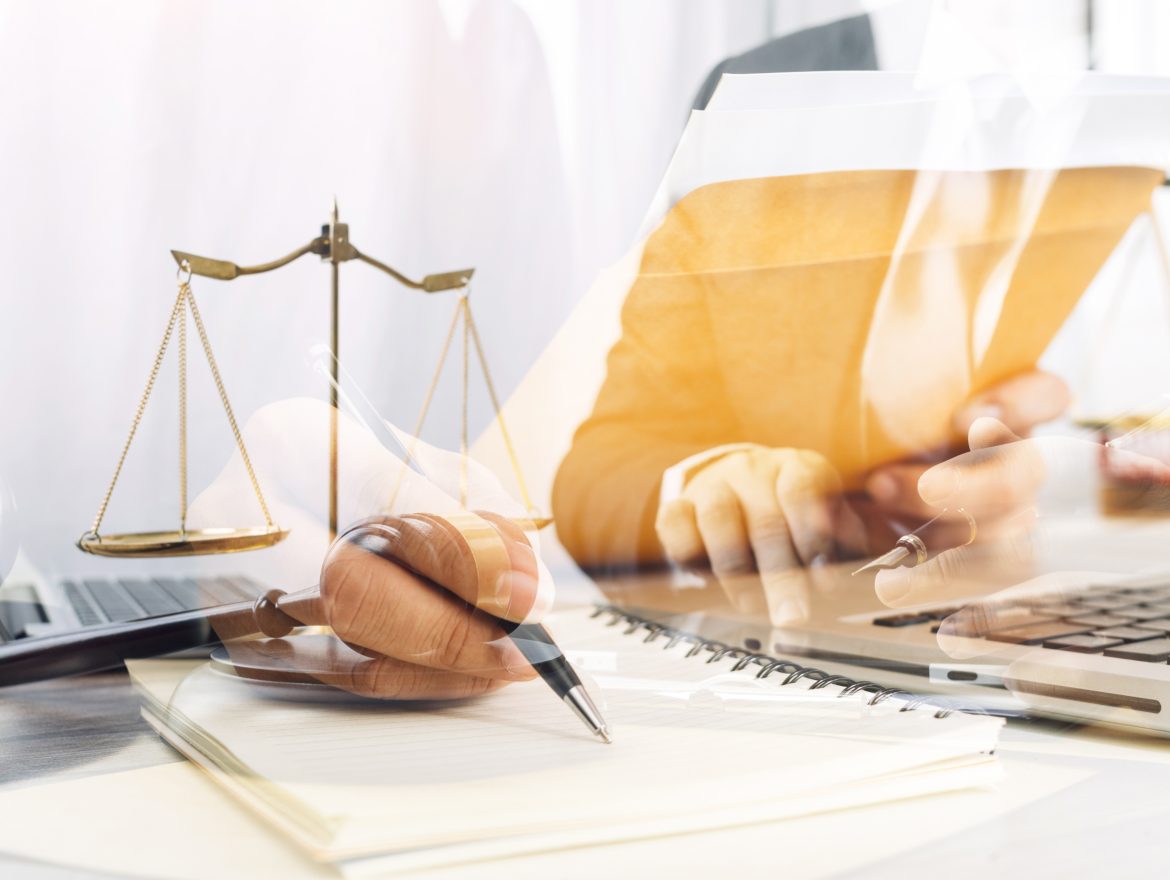Securities fraud is one of the most serious offenses in the financial world, carrying severe legal, financial, and personal consequences for those found guilty. Whether you’re an executive, a broker, or an investor, understanding the full range of penalties associated with securities fraud is crucial for protecting yourself and your career. In this post, we’ll explore the civil and criminal penalties, the impact on your career and reputation, and strategies for mitigating these consequences.
Civil Penalties: The Financial Impact of Civil Charges
Fines and Restitution
When a person or company is found guilty of securities fraud, civil fines are often the first penalty imposed. These fines can be substantial, sometimes amounting to millions of dollars, depending on the severity of the fraud. In addition to fines, courts may order restitution, requiring the guilty party to compensate victims for their financial losses. Restitution is calculated based on the amount of money defrauded from investors and can be financially devastating for those involved.
Disgorgement of Profits
Disgorgement is another significant civil penalty associated with securities fraud. It involves returning any profits made from illegal activities, stripping the fraudster of their ill-gotten gains. Disgorgement ensures that individuals or companies cannot benefit financially from fraudulent actions. The financial burden of disgorgement can be crippling, often leading to severe economic consequences for those involved.
Bans and Injunctions
In addition to financial penalties, individuals found guilty of securities fraud may face bans from serving as officers or directors of public companies. These bans can last for years or even be permanent, effectively ending the individual’s career in the corporate world. Injunctions may also be imposed, prohibiting the guilty party from engaging in certain business activities or participating in the securities industry altogether.
Criminal Penalties: The Personal and Professional Impact of Criminal Charges
Imprisonment
Securities fraud can lead to criminal charges, with imprisonment being one of the most severe penalties. Depending on the severity of the fraud, individuals can face prison sentences ranging from a few years to several decades. The length of the sentence is influenced by factors such as the amount of money involved, the level of deceit, and any prior criminal history. Imprisonment not only results in the loss of freedom but also has long-lasting effects on one’s personal and professional life.
Criminal Fines
Alongside imprisonment, those convicted of securities fraud may also be required to pay substantial criminal fines. These fines are often imposed in addition to civil penalties, further increasing the financial burden on the convicted individual. The fines are determined based on the severity of the fraud and can reach into the millions, depending on the case.
Probation and Supervised Release
In some cases, instead of or in addition to imprisonment, individuals may be placed on probation or supervised release. During this period, they must comply with strict conditions set by the court, such as regular check-ins with a probation officer, restrictions on business activities, and participation in rehabilitation programs. Violating these conditions can result in additional penalties, including imprisonment.
Regulatory Consequences: The Role of Regulatory Bodies in Enforcing Penalties
Securities and Exchange Commission (SEC) Actions
The SEC plays a central role in investigating and enforcing penalties for securities fraud. The agency has the authority to impose civil penalties, including fines, injunctions, and bans from serving as an officer or director. The SEC works closely with other regulatory bodies and the Department of Justice (DOJ) to ensure that individuals and companies involved in securities fraud are held accountable.
Financial Industry Regulatory Authority (FINRA) Sanctions
FINRA, a self-regulatory organization that oversees brokerage firms and their employees, can also impose sanctions for securities fraud. These sanctions may include fines, suspensions, or expulsions from the securities industry. Being sanctioned by FINRA can severely impact an individual’s ability to work in the financial sector, making it difficult to continue a career in the industry.
State Securities Regulators
State securities regulators also play a role in enforcing penalties for securities fraud. These regulators can impose additional fines, suspend or revoke licenses, and take other actions to protect investors within their jurisdiction. The involvement of state regulators can add another layer of penalties and complications for those accused of securities fraud.
Career and Reputational Damage: The Long-Term Consequences Beyond Legal Penalties
Loss of Professional Licenses
A conviction for securities fraud can lead to the loss of professional licenses, including those required to practice law, accounting, or work in the securities industry. Without these licenses, continuing a career in the financial sector or related fields becomes nearly impossible. The loss of a professional license can have a devastating impact on one’s career, making it difficult to regain professional standing.
Reputational Harm
The reputational damage resulting from a securities fraud conviction can be long-lasting and difficult to repair. Trust is a critical component of any professional relationship, and a conviction can erode that trust, leading clients, colleagues, and the public to view the individual as untrustworthy. Rebuilding a damaged reputation is challenging and can take years, if not decades, to achieve.
Challenges in Future Employment
After a securities fraud conviction, finding employment can be incredibly difficult. Many employers are hesitant to hire individuals with a criminal record, especially one involving fraud. The stigma attached to a securities fraud conviction can create significant barriers to re-entering the workforce, particularly in the financial sector or related industries.
Financial Consequences: The Economic Fallout of Securities Fraud Convictions
Asset Forfeiture
In addition to fines and disgorgement, those convicted of securities fraud may also face asset forfeiture, where they are required to surrender property obtained through illegal activities. This can include real estate, bank accounts, vehicles, and other valuable assets. Asset forfeiture is intended to strip the convicted individual of any financial benefits gained through fraud, but it can also lead to severe financial hardship.
Bankruptcy and Financial Ruin
The combination of fines, restitution, disgorgement, and asset forfeiture can lead to bankruptcy for those convicted of securities fraud. The financial penalties are often so substantial that individuals are unable to recover, leading to long-term financial ruin. Bankruptcy can have lasting consequences, including the loss of personal and business assets, and the need for financial restructuring.
Impact on Personal and Family Finances
A securities fraud conviction doesn’t just impact the individual—it can also strain personal and family finances. The financial burden of fines, legal fees, and asset forfeiture can leave families in a precarious financial position. In some cases, family members may need to step in to help cover costs, leading to additional stress and hardship.
How to Mitigate the Consequences: Strategies for Reducing Penalties and Protecting Your Future
Cooperating with Investigators
One strategy for mitigating the consequences of securities fraud is to cooperate with investigators. By providing information, testifying against others involved, or agreeing to a plea deal, it may be possible to reduce penalties. Cooperation can sometimes lead to a lighter sentence, reduced fines, or other favorable terms. However, it’s important to consult with legal counsel before making any decisions.
Building a Strong Legal Defense
The most effective way to mitigate the consequences of securities fraud is to build a strong legal defense. An experienced attorney can challenge the evidence, argue for reduced charges, or negotiate favorable plea deals. A robust defense strategy can make a significant difference in the outcome of the case, potentially leading to reduced penalties or even dismissal of charges.
Pursuing Rehabilitation and Restitution
In some cases, pursuing rehabilitation programs or making restitution to victims can positively influence sentencing. Demonstrating a commitment to making amends and preventing future wrongdoing can help in court proceedings. These actions show a willingness to take responsibility and can be a factor in receiving a more lenient sentence.
The Importance of Legal Representation: Why You Need an Experienced Attorney
Securities fraud cases are complex and carry significant risks, making it essential to have experienced legal representation. An attorney who specializes in securities law can navigate the legal process, protect your rights, and work to reduce the penalties you face. Without proper legal support, the risks are simply too high, and the consequences too severe. A knowledgeable attorney is your best defense against the full weight of securities fraud charges.
Understanding and Preparing for the Consequences of Securities Fraud
Securities fraud carries a wide range of legal, financial, and personal consequences that can be devastating. From civil and criminal penalties to long-term damage to your career and reputation, the impact is significant. Understanding these consequences and taking proactive steps to mitigate them is essential for protecting your future. If you’re facing securities fraud charges, Beaton Law Firm is here to help.
Contact us today for a free consultation. Let us provide you with the expert legal advice and defense you need to navigate the complexities of securities fraud cases and protect your rights, reputation, and financial future.




